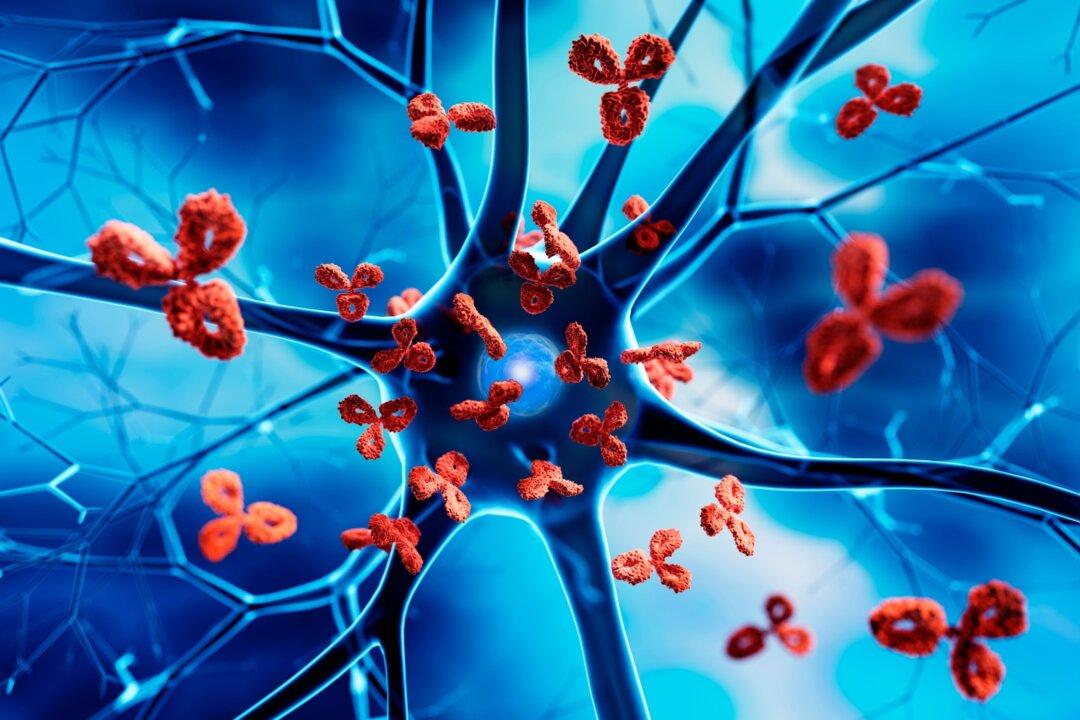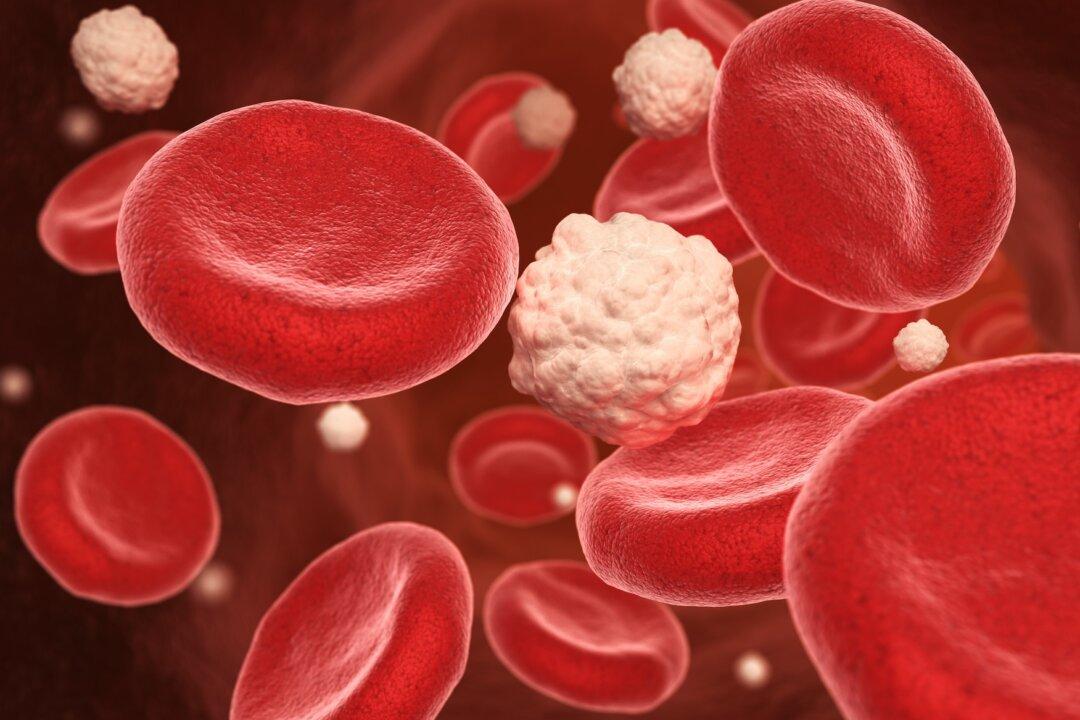People commonly fixate on diet, supplements, and medication when it comes to managing a chronic health condition such as Hashimoto’s hypothyroidism or other autoimmune disease. But these approaches fall short if you don’t also address the impact of the mind on health, or “psychoneuroimmunology.”
Autoimmunity is a disorder in which the immune system attacks and destroys body tissue. In the case of Hashimoto’s, one of the most common autoimmune diseases, it targets the thyroid gland, causing hypothyroidism. Hashimoto’s accounts for more than 90 percent of cases of hypothyroidism, affecting more than 20 million Americans.






